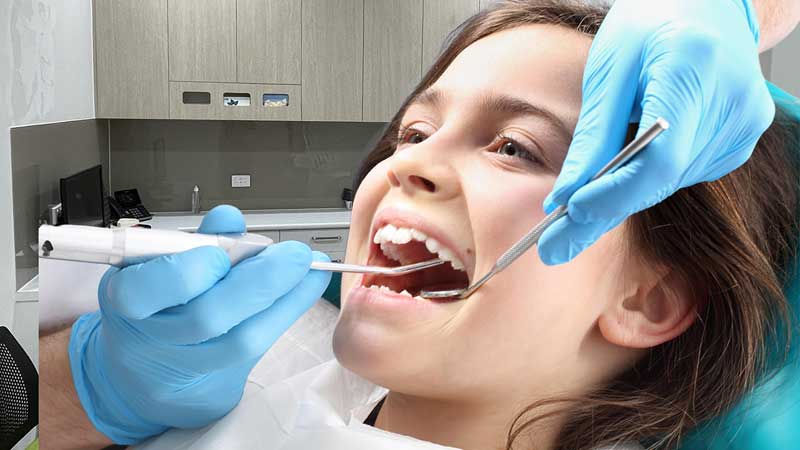Is Charcoal Toothpaste Safe? Why UK Dentists Don’t Recommend It for Your Teeth
- atlanticdentalprac
- Jul 15, 2025
- 1 min read

In recent years, charcoal toothpaste has gained popularity, especially on social media, as a trendy solution for teeth whitening. But does it really work—and more importantly, is it safe?
What Is Charcoal Toothpaste?
Charcoal toothpaste is typically made with activated charcoal, a fine black powder derived from substances like coconut shells or bamboo. It's known for its adsorptive properties—meaning it binds to particles like stains and bacteria—which is why it's marketed as a natural tooth-whitening solution.
Why Charcoal Toothpaste Is Abrasive
Here’s the problem: activated charcoal is highly abrasive.
This means it works like a mild sandpaper on your teeth. While it might initially remove surface stains, it can also:
Erode enamel (the protective outer layer of your teeth)
Cause tooth sensitivity
Make teeth more prone to decay
Irritate gums
Damage dental restorations like crowns, veneers, and bonding
Charcoal Toothpaste and Fluoride: A Problematic Combination
Another concern is that many charcoal toothpastes do not contain fluoride—a vital ingredient for protecting against cavities and strengthening enamel.
Ditch the Charcoal for Healthier Teeth
While charcoal toothpaste may seem like a natural, trendy alternative, its abrasive nature and lack of fluoride make it a poor choice for long-term dental health. The risks to your enamel far outweigh any short-term whitening effects.



Comments